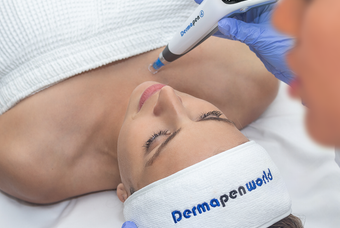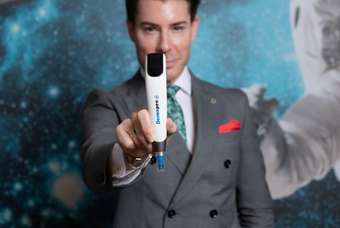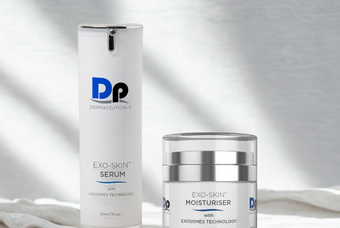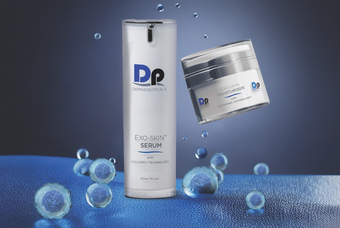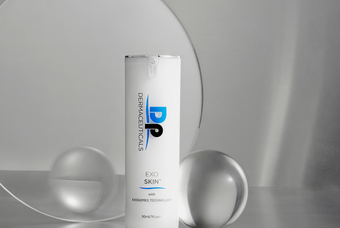When it comes to skincare products, there is often an assumption that natural ingredients are better for your skin than synthetic ones. While this may be true in certain cases, it is important to recognize that not all natural ingredients are beneficial and not all synthetic ingredients are necessarily toxic. In fact, depending on the quality of the product and what type of ingredient you’re looking at, both options can have their own unique benefits.
For example, some natural oils and extracts like coconut oil or aloe vera provide antioxidants which help protect against free-radicals associated with aging skin. However, these same oils can cause breakouts if used too liberally or if they don’t fit with your particular skin type. On the other hand, certain types of synthetic ingredients like peptides and hyaluronic acid offer powerful moisturizing properties without causing irritation or clogging pores as easily as some plant-based alternatives might do.
Synthetic ingredients in skincare products can actually be more beneficial than natural ingredients due to their stability and consistency. Formulated in a lab setting, they allow for precise measurements of the active components which can maximize the efficacy of the product. Synthetic ingredients also tend to have longer shelf lives than their natural counterparts, meaning that your products are less likely to expire, keeping them effective for longer periods.
Additionally, synthetic ingredients have been tested extensively for safety and effectiveness, whereas natural ingredients can come with certain risks like allergies or reactions if they aren’t properly researched or screened.
When discussing benefits versus risks between natural vs synthetic ingredients, one should also learn about exosome therapy, and the growing evidence of its regenerative powers for anti-aging purposes.
Exosomes are small vesicles derived from cells that contain valuable information about the cell of origin. A new frontier in regenerative medicine, exosomes have the ability to deliver key proteins required for repairing cells while simultaneously stimulating collagen production, naturally reducing wrinkles & improving overall complexion.
Exosomes can be obtained through a variety of means, including isolation from primary or cultured cells, reprogramming adult stem cells into induced pluripotent stem (iPS) cells, and direct delivery of genetic material using gene editing tools.
This raises ethical questions related to the source of these exosomes and the implications for patient safety. Much like the misunderstanding between natural ingredients vs. synthetic ones in skincare, it’s important to understand what type of exosomes to look for. Dp Dermaceuticals EXO-SKIN, for example, has sourced ethically-derived exosomes from MSCs of human umbilical cord. This ensures biocompatibility and results while still ensuring ethical integrity.
Ultimately, it’s important to educate yourself on not only the individual ingredients and their source, but how they work together. For example, you should not use a serum that contains Vitamin C and Retinol in the same bottle. The two ingredients would cancel each other out and have no effect on your skin, except possibly irritation.
Choosing professional-grade skincare like Dp Dermaceuticals helps ensure that you are using science-backed, clean ingredients and products that are clinically-tested to produce results!
More questions? Email us at info@dpderm, or chat with us now!


